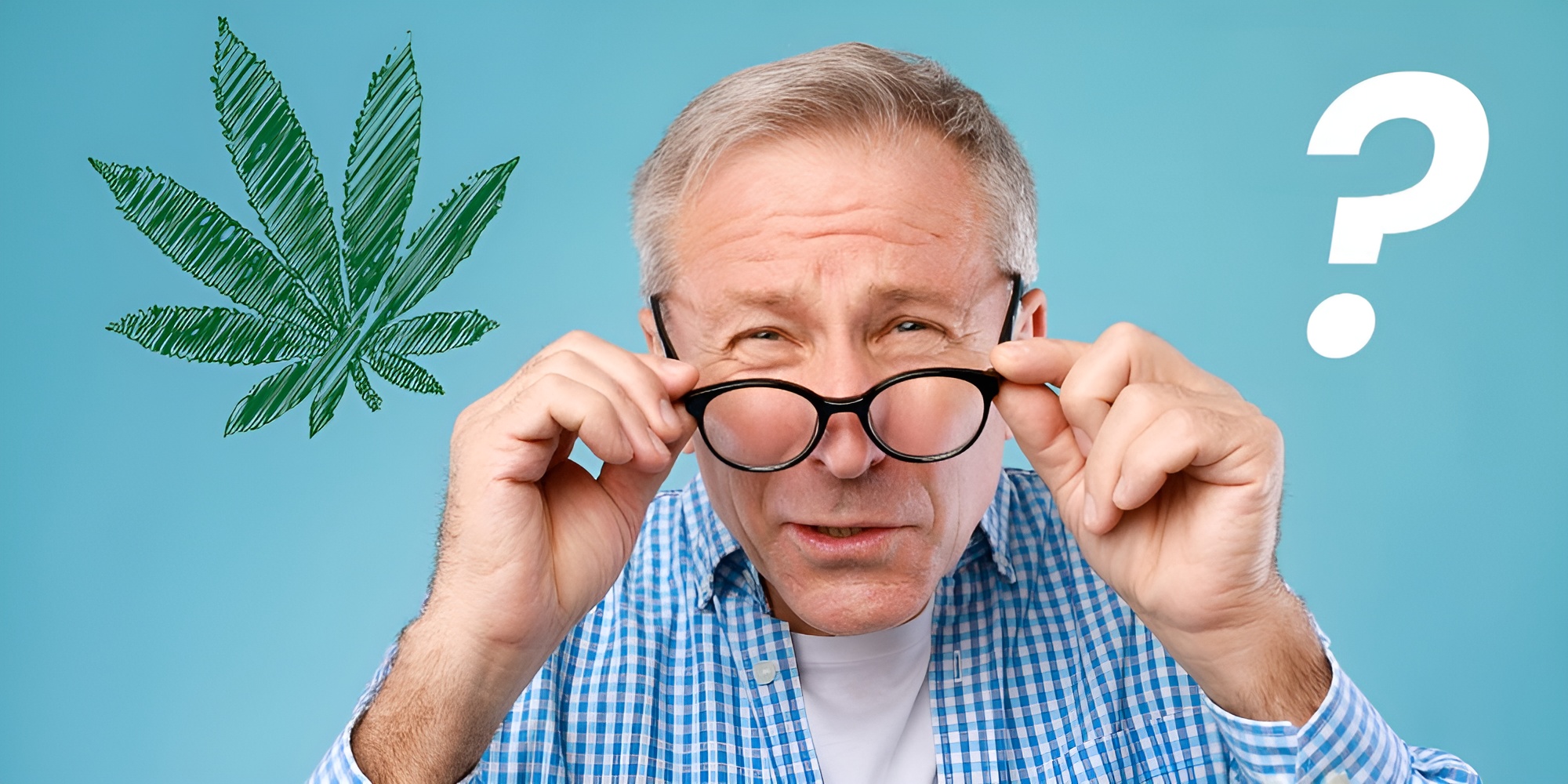Can Medical Cannabis Get You High? Understanding the Psychoactive Effects
Medical cannabis is known for its therapeutic potential in managing various medical conditions. However, one common question arises: can medical cannabis get you high? In this blog, we will explore the psychoactive effects of cannabis, the role of THC (tetrahydrocannabinol) and CBD (cannabidiol) in determining its psychoactivity, and how medical cannabis formulations can be tailored to minimize intoxication while providing therapeutic benefits.
Understanding THC and CBD
THC and CBD are two primary cannabinoids found in the cannabis plant. THC is responsible for the psychoactive effects associated with cannabis, commonly referred to as getting “high.” When THC binds to cannabinoid receptors in the brain, it produces euphoria, relaxation, altered perception, and other subjective effects. CBD, on the other hand, does not have intoxicating properties and does not produce a significant psychoactive effect.
Medical Cannabis Formulations
Medical cannabis products can vary in their THC and CBD content. While recreational cannabis strains often contain higher levels of THC, medical cannabis formulations can be tailored to have different ratios of THC to CBD. Medical cannabis products with higher CBD content and lower THC content are commonly chosen for therapeutic purposes. This allows patients to experience the potential therapeutic benefits of cannabis without experiencing significant intoxication or the traditional “high” associated with recreational use.
Therapeutic Benefits of Medical Cannabis
Medical cannabis has been used to manage symptoms associated with a range of medical conditions. The therapeutic benefits include pain relief, reduction in inflammation, alleviation of nausea and vomiting, muscle relaxation, improved sleep, and relief from symptoms of certain neurological disorders. These benefits are primarily attributed to the interaction of cannabinoids, including THC and CBD, with the endocannabinoid system in the body.
Medical cannabis has proven to be effective in reducing nausea and vomiting, particularly in patients undergoing chemotherapy or experiencing symptoms related to other medical treatments. The cannabinoids in cannabis interact with receptors in the brain and gastrointestinal tract, helping to alleviate these distressing symptoms and improve the overall quality of life for patients undergoing medical interventions.
Related: Medical Cannabis for treatment of Nausea
Cannabis has been used as a potential therapeutic aid for mental health conditions, including anxiety, depression, post-traumatic stress disorder (PTSD), and insomnia. Some individuals find that certain strains or formulations of medical cannabis can help alleviate symptoms, promote relaxation, and improve mood. However, it is important to note that cannabis may not be suitable for everyone with mental health conditions, and it should be used under the guidance of a healthcare professional experienced in cannabis-based treatments.
Individual Variations
It is important to note that individuals may have different responses to medical cannabis due to variations in body chemistry, tolerance, and dosage. Some individuals may be more sensitive to the psychoactive effects of THC, while others may not experience significant intoxication even with higher THC levels. It is crucial to start with a low dosage and work with a healthcare professional experienced in medical cannabis to find the appropriate balance for each individual’s needs.
Medical cannabis can have psychoactive effects due to the presence of THC, the primary psychoactive cannabinoid. However, medical cannabis formulations can be customized to minimize intoxication while still providing therapeutic benefits. With the right balance of THC and CBD, patients can experience relief from symptoms without experiencing the traditional “high” associated with recreational cannabis use. It is important to consult with a healthcare professional to determine the most suitable medical cannabis approach for individual needs.

